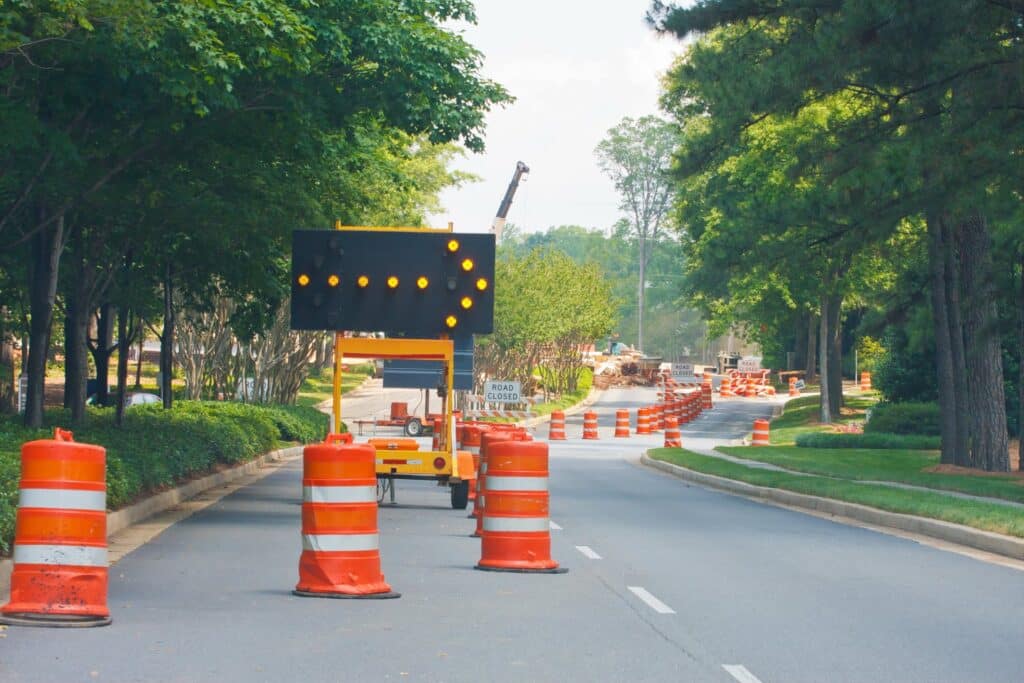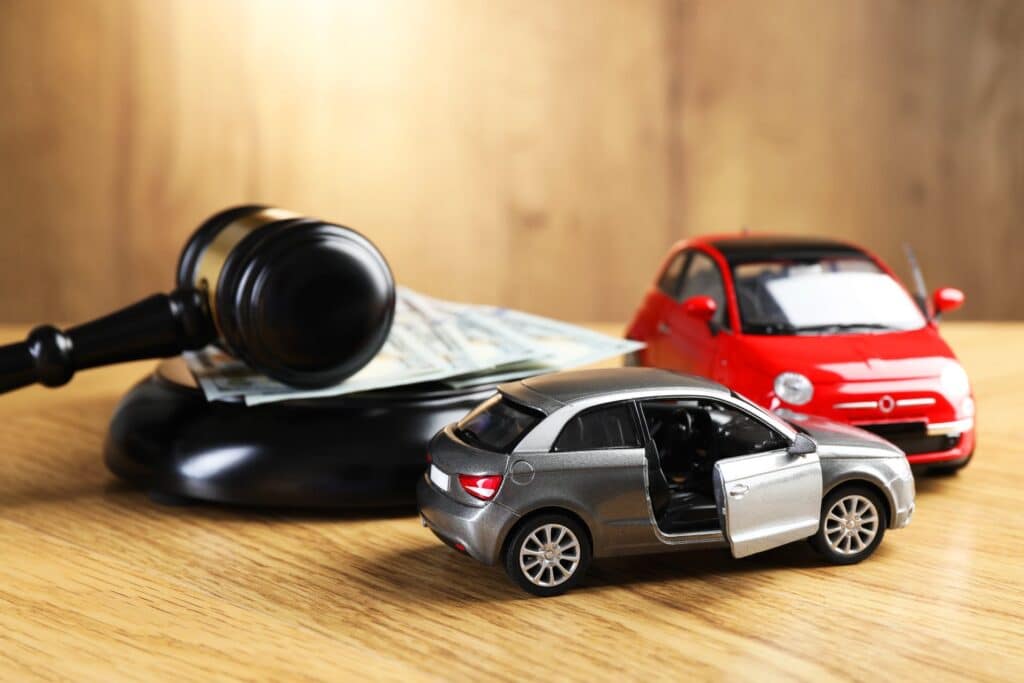If you have been involved in a car accident, you may find yourself experiencing insurance subrogation in Washington. Washington has certain subrogation laws that insurance companies can use, which can put your right to receive compensation at risk.
At NBF Accident Law, our Seattle auto accident attorneys are dedicated to providing our clients with the legal representation and assistance they need as they navigate car accident claims. Our attorneys will work tirelessly on your behalf to ensure your subrogation rights in an auto accident are upheld and you get the settlement you deserve.
The Subrogation Process in Washington
When you get into a car accident in Washington, one of the last things you’re going to think about is subrogation. However, this is something you may run into depending on the details of the accident and your insurance carrier.
When you are involved in a car accident and you sustain injuries, your health insurance policy will most likely immediately take effect, helping you to cover medical expenses. If, later on during the car accident investigation, evidence shows that the other driver was at fault, the insurance company will use subrogation as a way of taking back the money they paid out. It is a way of gaining repayment from the at-fault driver.
Especially in the state of Washington, subrogation can play a significant part in car accidents since Washington is an at-fault state. So, the person who is at fault for the accident is the person whose insurance policy will need to cover the claim.
The main purpose of insurance subrogation in Washington is to prevent individuals from getting double recovery for the same accident. However, if you experience subrogation, it can often feel as though your compensation is being drastically reduced.
How Subrogation Affects Your Settlement
Although insurance subrogation in Washington doesn’t seem bad at first, it can have a significant impact on your settlement. The insurance company can have a personal injury lien on your settlement, entitling it to take back some of what you will be receiving. For example, the actual settlement you may receive after everything has been completed could be cut down by 2/3 after subrogation.
Additionally, government programs such as Medicaid and Medicare also have the right to pursue subrogation or reimbursement. Because of this, if your medical expenses were covered by one of these programs, they may also put a lien on your settlement.
What Happens if the At-Fault Driver is Uninsured?
The process of subrogation can be more complex if the at-fault driver is uninsured. Although drivers are legally required to have a certain amount of auto insurance, this doesn’t mean that everybody upholds this law.
So, if the at-fault driver turns out not to be insured, your insurer will have to pursue the driver directly to recover repayment. This will usually result in a much longer process, which can impact when you are able to receive the rest of your settlement.
Other instances that could lengthen this process include if the investigation is unclear regarding who is at fault, or it is determined that you and the other driver are both partially at fault for the accident.
Fighting a Subrogation Claim
Depending on your circumstances, you may receive a subrogation claim that you do not believe is fair, or you may not have the insurance needed to cover the claim. If that is the case, there may be certain details that were overlooked or not taken into account that resulted in an unfair subrogation claim. The good news is that there are several ways you can fight a subrogation insurance claim to prove who was at fault in the accident.
The very first thing you need to do when you receive a subrogation claim is to hire an auto accident attorney if you haven’t already done so. Your attorney will be up-to-date with subrogation law in Washington and can help you find the best course of action.
Here are some ways you can go about proving who is at fault in the accident:
- Eyewitness testimony
- Accident restructuring
- Expert testimony
- Medical records
- Police reports
- Surveillance records
- Photos of the collision site
In addition to helping you collect important pieces of evidence, your attorney can also help you negotiate with all of the involved parties. Specifically, your attorney can negotiate with the insurance company on your behalf, ensuring your rights are upheld and you aren’t pressured into accepting an unfair outcome.
FAQ:
Can I challenge a subrogation claim?
If you do not agree with the subrogation claim, it is possible to challenge it by negotiating with the insurance company. However, this can be very difficult, which is why you should have an attorney represent you to improve your chances of success.
Do I have to pay back my health insurer from my settlement?
Yes, in most cases, you will have to pay back your health insurer from your settlement if they have already covered some of your expenses. In most instances, your insurer will already have a lien on your settlement, which entitles it to immediate repayment.
What if my insurance company doesn’t pursue subrogation?
Insurance carriers are not legally obligated to pursue subrogation; in this case, they should notify you of this decision. You could also sign a waiver of subrogation that would prevent your insurance company from recovering expenses from the at-fault party if you have already come to an agreement with them.
Contact an Auto Accident Lawyer at NBF Accident Law
Facing insurance subrogation in Washington can be incredibly overwhelming, especially if you are not familiar with how this process works. The good news is that there are several things that you can do to ensure you still receive the compensation you need to make a full recovery.
At NBF Accident Law, our auto accident lawyer will fight purposefully on behalf of our clients, ensuring you get the outcome you deserve. We will help you every step of the way as you file your car accident claim in Seattle, as well as if you run into any insurance subrogation issues.
Contact us today at 206-923-8888 to schedule a consultation with one of our attorneys.







